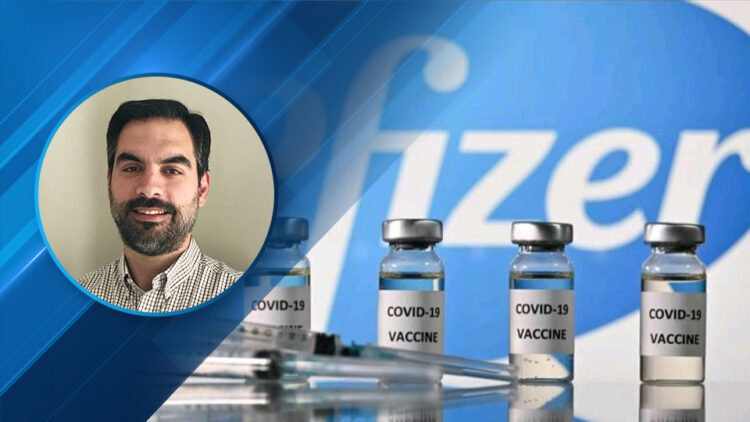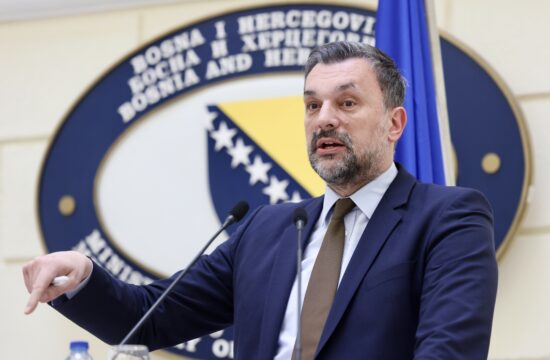
Christopher Tehlirian is a physician by profession with extensive scientific experience in the United States. This scientist is the current Medical Director of the pharmaceutical giant Pfizer. In an exclusive interview with N1, Tehlirian talks about the historic vaccine against Covid-19, developed by Pfizer with its German partner BioNTech.
What, in particular, does the new Pfizer vaccine bring us?
The Pfizer vaccine brings humanity hope, as the first significant weapon against the Covid-19 induced pandemic. It shows a significant shift in understanding the virus itself and preventing a severe form of the disease after infection. The vaccine, by itself, is unlikely to be the sole cause for the complete disappearance of the pandemic, but it will be the foundation of that solution. The vaccine is expected to succeed in most cases to eliminate or alleviate the symptoms of Covid-19 infection. One should also keep in mind that other therapies are currently being tested, in addition to vaccines, for example, monoclonal antibodies and antiviral drugs that will enable the treatment of Covid-19.
How long did the research take, on how many volunteers and did it show any side effects?
There are three phases of testing in the development of each drug. Pfizer tested the vaccine on 45 volunteers in phases 1 and 2. However, in phase 3, Pfizer tested the vaccine on approximately 43,000 volunteers, of various ages and socioeconomic categories. As with any vaccine, there are potential side effects. Some of the possible side effects are redness and pain at the site of the vaccine, fever, headache, fatigue, and muscle aches. These side effects often go away on their own after a few days or less.
What is the vaccination procedure? Is just one dose enough for protection?
The Pfizer vaccine requires two doses. Currently, a single dose of the vaccine is not sufficient to induce the required level of antibodies against Covid-19. One dose achieves antibodies in 52 percent of volunteers, while two doses achieve the required antibody level in more than 90 percent of volunteers.
Who will be the first to get the vaccine?
Each country will make a plan according to which the vaccine will be offered. Most likely, the vaccine will first be offered to health workers, police, the army and those in high-risk groups (people over 70, as well as those with chronic diseases). Also, you should know that the vaccine has not been tested on people under the age of 18, pregnant women, as well as those with immunodeficiencies, so these people would not be able to receive the vaccine, for now.
What comes next?
The next step is for world health regulatory institutions for drugs and medical devices, such as the US FDA and European EMA and others to implement safety checks and test the efficacy of the vaccine before it is approved. After that, each state institution for the regulation of medicines and medical devices can separately check the vaccine, as well. Immediately thereafter, the vaccine could be distributed under specific conditions. Meanwhile, Pfizer’s plants are working at full capacity to produce about 50 million doses before the end of this year. Pfizer hopes to produce up to 1.3 billion doses by the end of 2021.
When will Europe and he Balkans be able to order the Pfizer vaccine?
Many countries in Europe and the Balkans are already in negotiations with Pfizer about ordering the vaccine.




